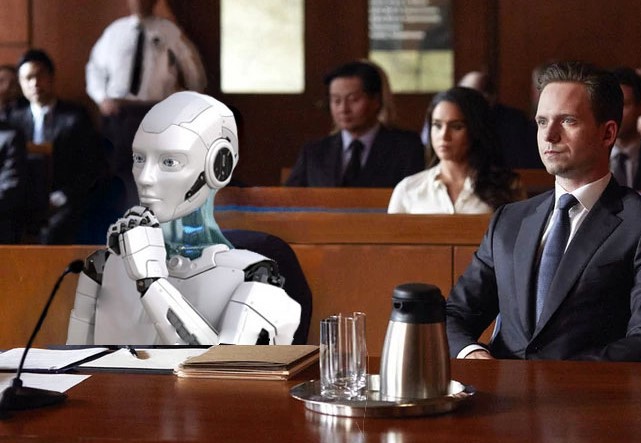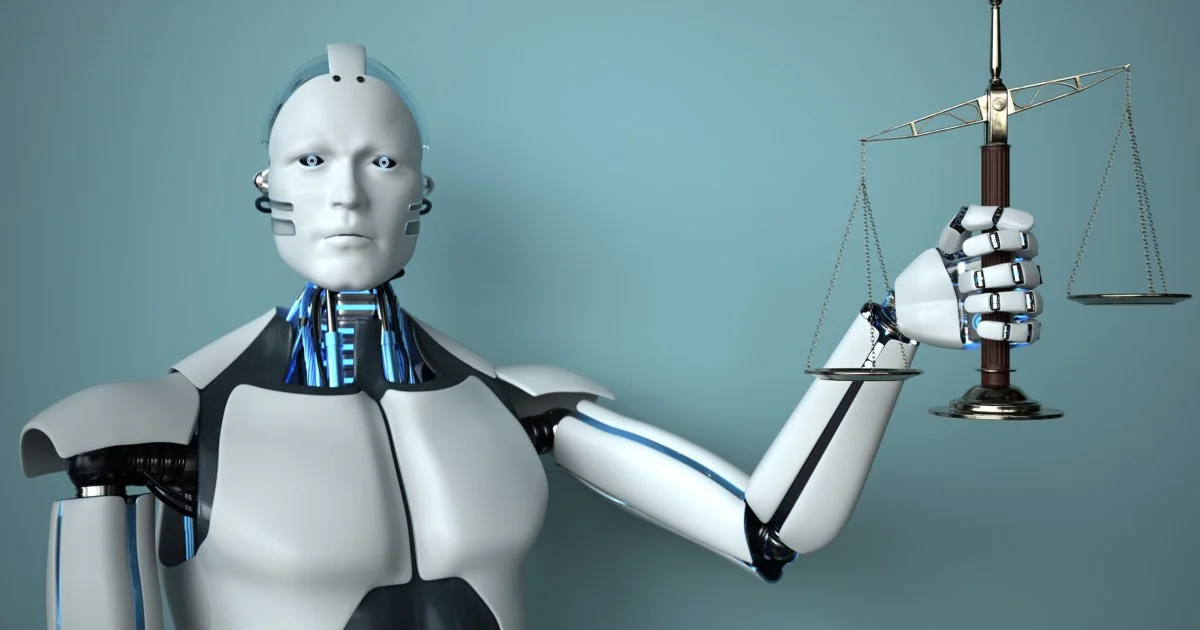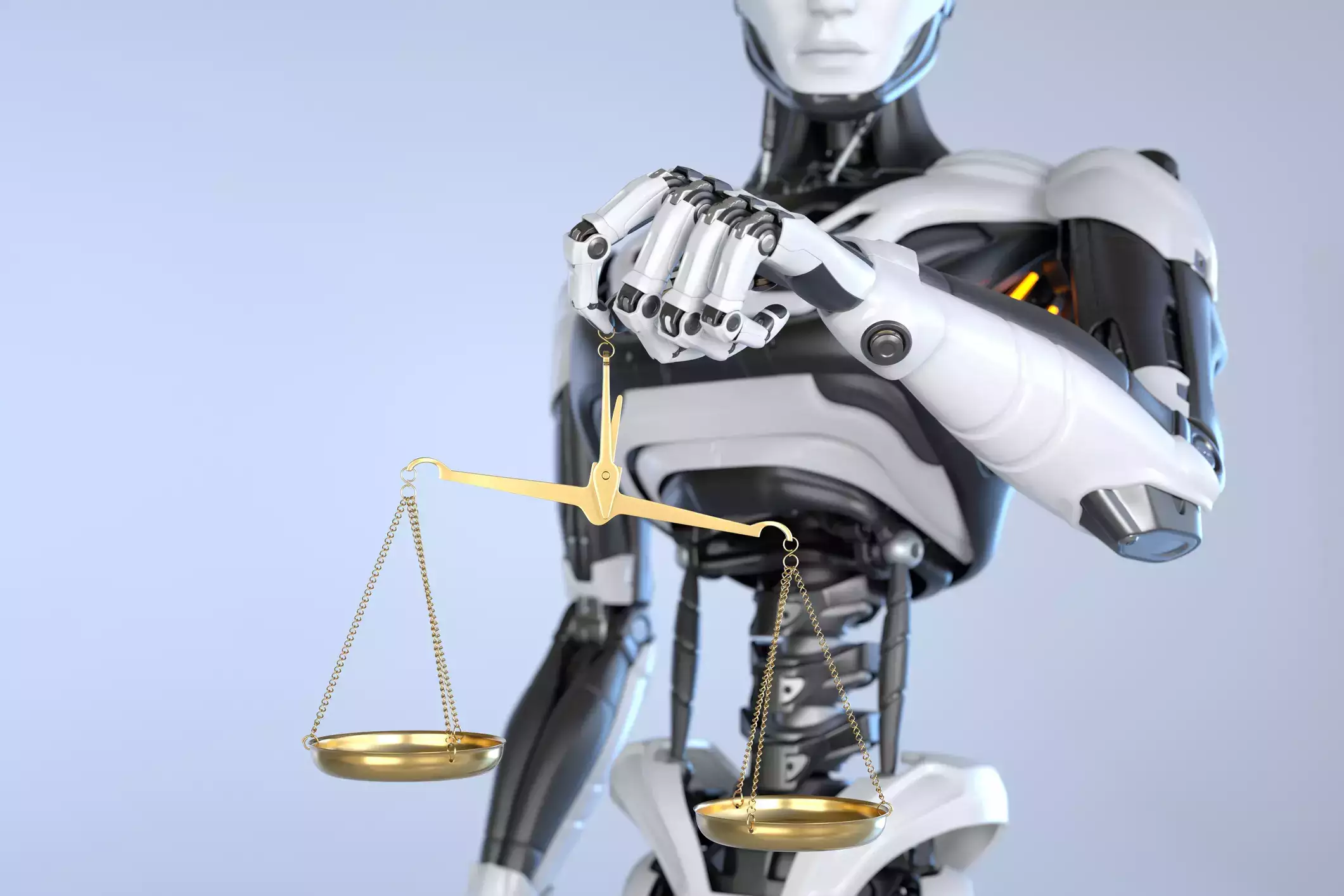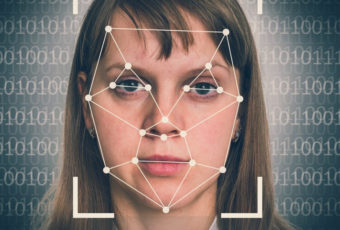The chatbot was created by startup DoNotPay, and it will send prompts through a mobile device and headphones to the defendant, who will only say what the robot tells them to say. This case was designed for the chatbot to be tested, and any fines that are incurred should the AI lawyer not win the case will paid paid by DoNotPay.
Before you start imagining that a future without human lawyers is right around the corner, and important fact to note is that normally, mobile devices and headphones are not allowed in courtrooms. Joshua Browder, the firm’s founder, said that in this case, the headphones will be allowed as a “hearing aid.”

This Is The First Time A Bot Will Be Used In A Court Setting Like This
Browder told New Scientist: “It’s technically within the rules, but I don’t think it’s in the spirit of the rules.”
The company was founded in 2015 with the aim of helping customers fight fines and late fees, and has since shifted towards using AI. The fact that there have been many advancements in the field, especially with OpenAI’s GPT-3, has sped things up considerably.
In the past, the chatbot has helped a customer get out of a $16 bank fee, with the customer solely using the AI chatbot. However, the company has shared that over 3 million cases and the US have incorporated the use of their chatbot.
This particular case of being used in a courtroom setting will be the first of its kind. In October 2022, AI gave evidence in the House of the Lords for the first time. Robot Ai-Da spoke about AI’s influence on art, and the bot gave its opinion on copyright laws, creative licenses, and more now that AI is seeping into more facets of our lives.









